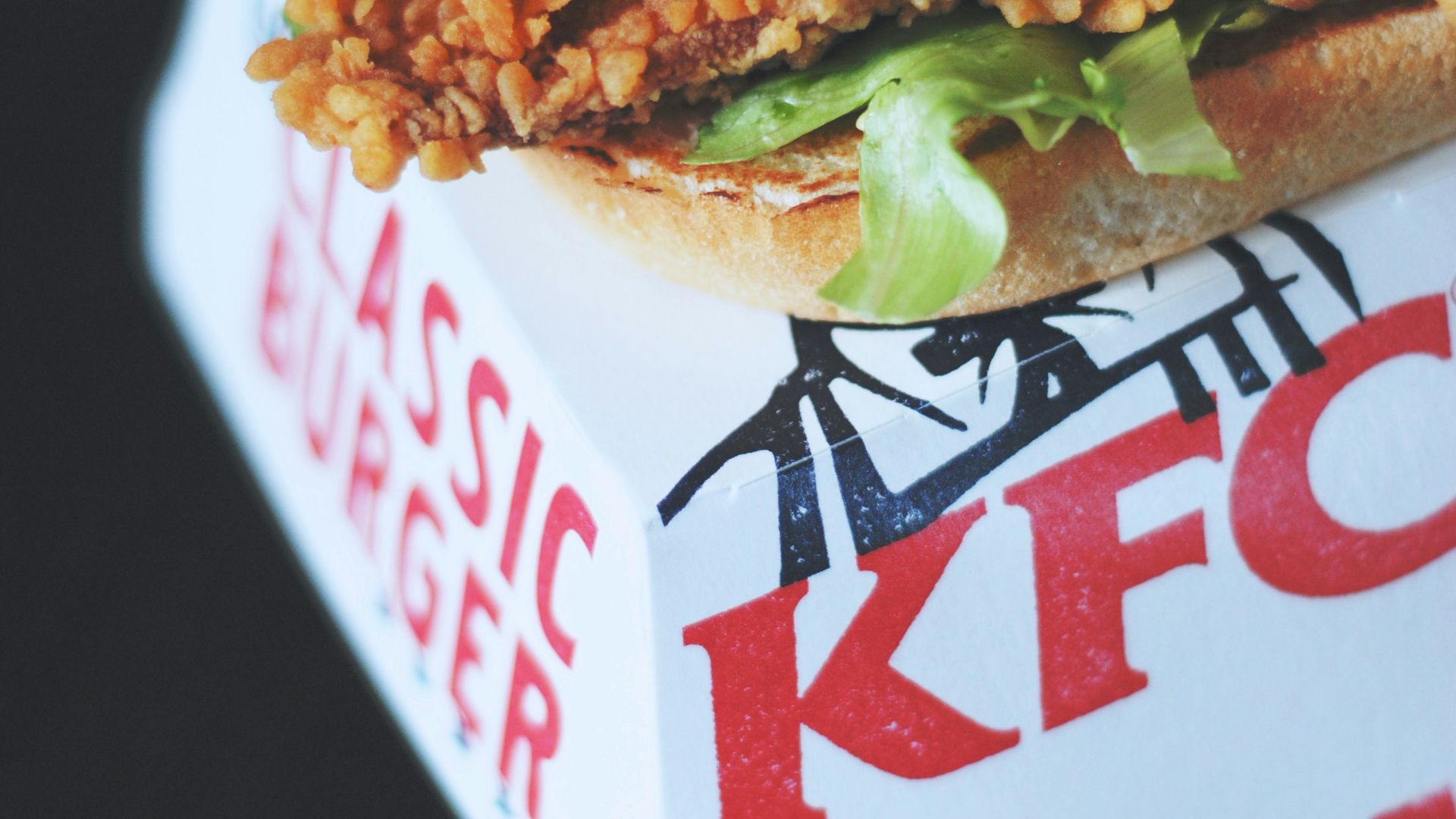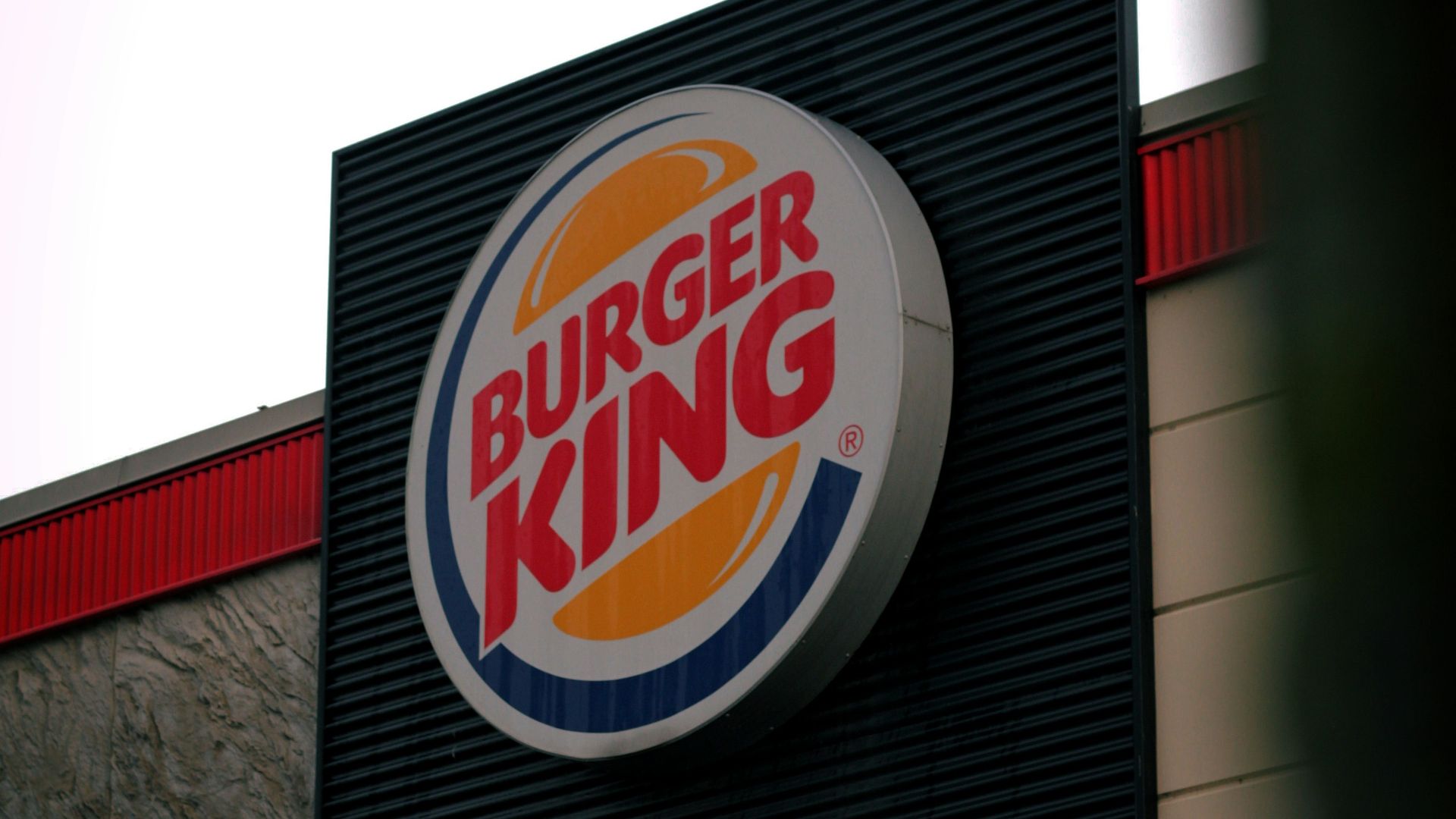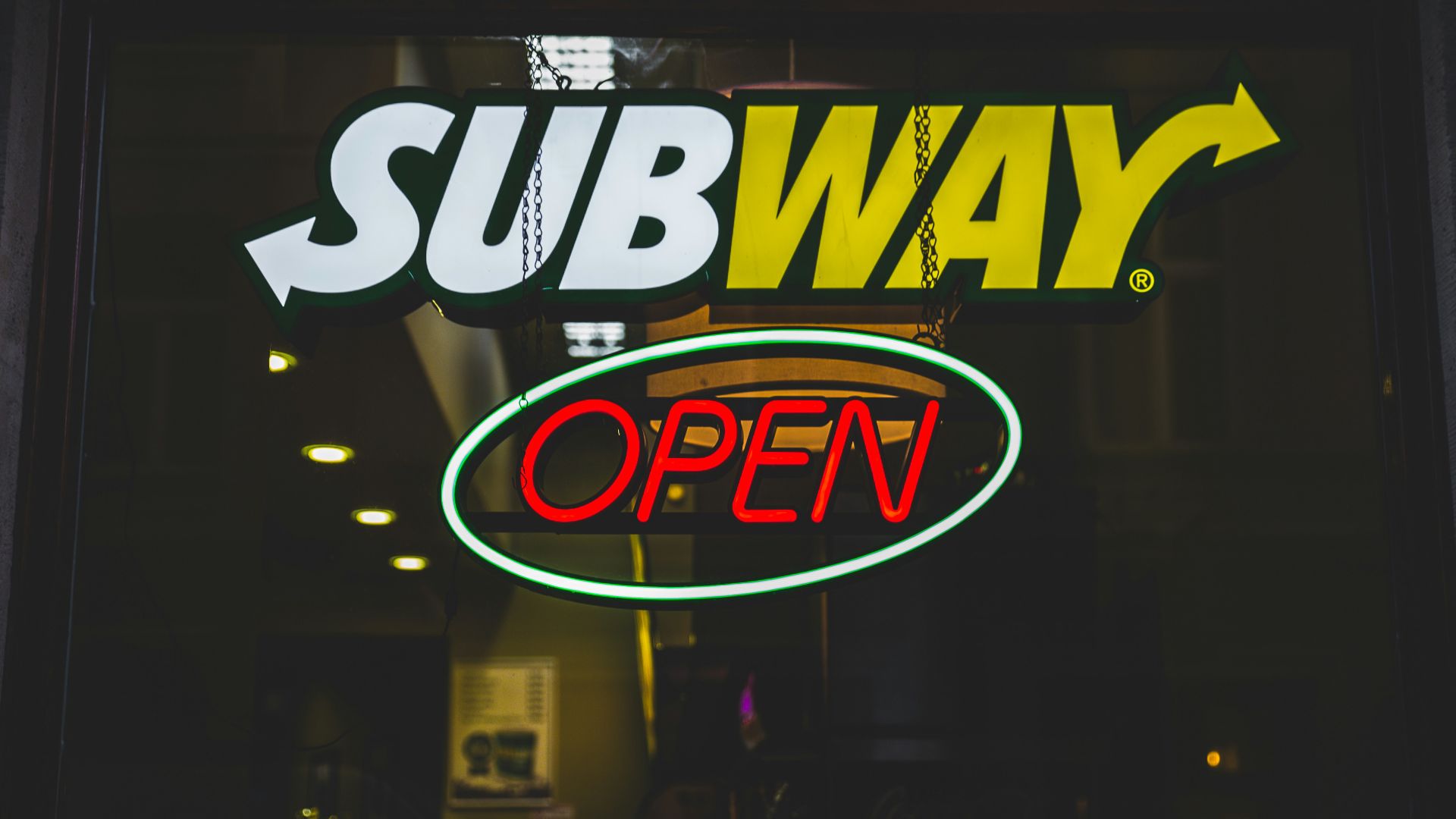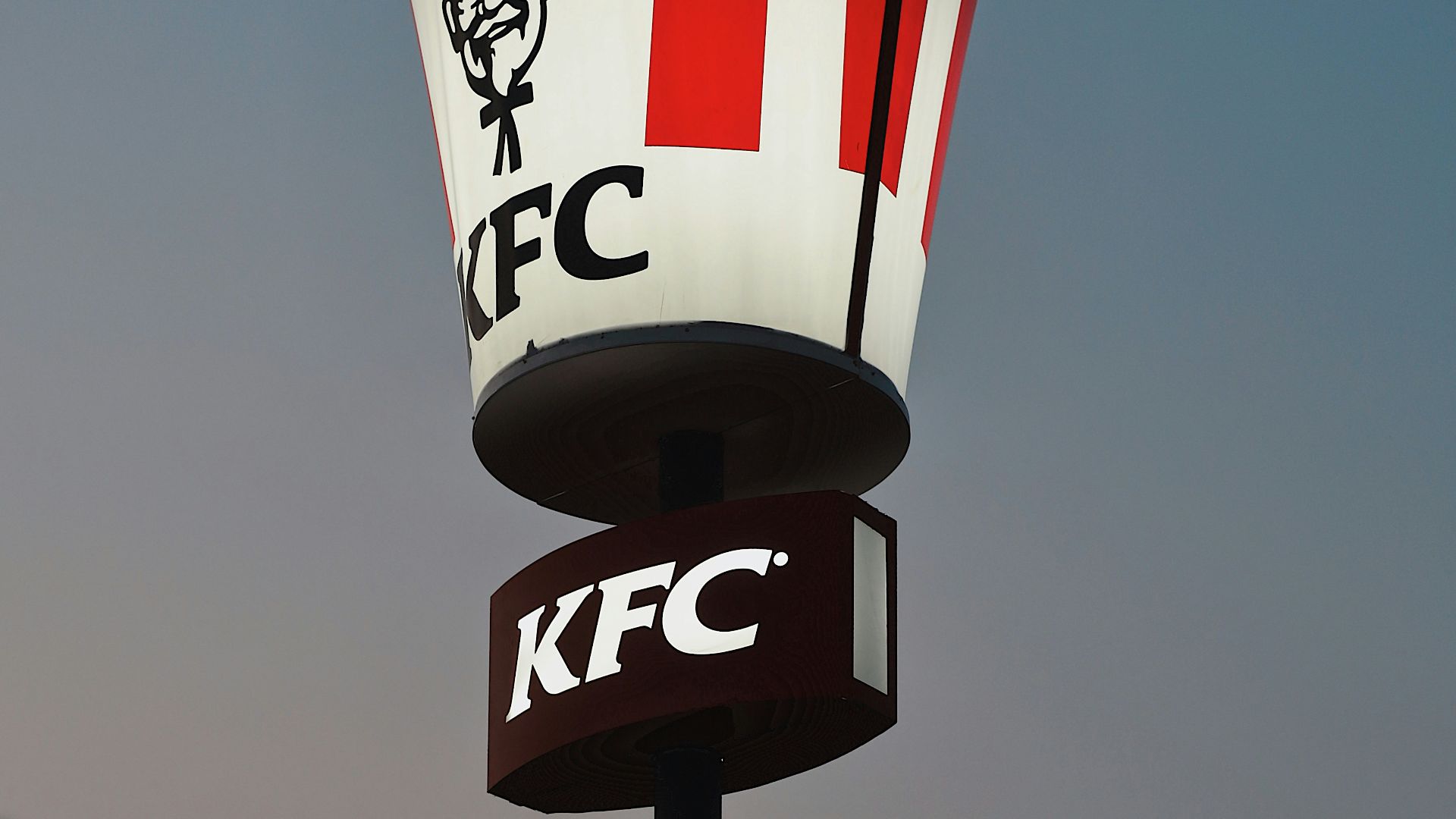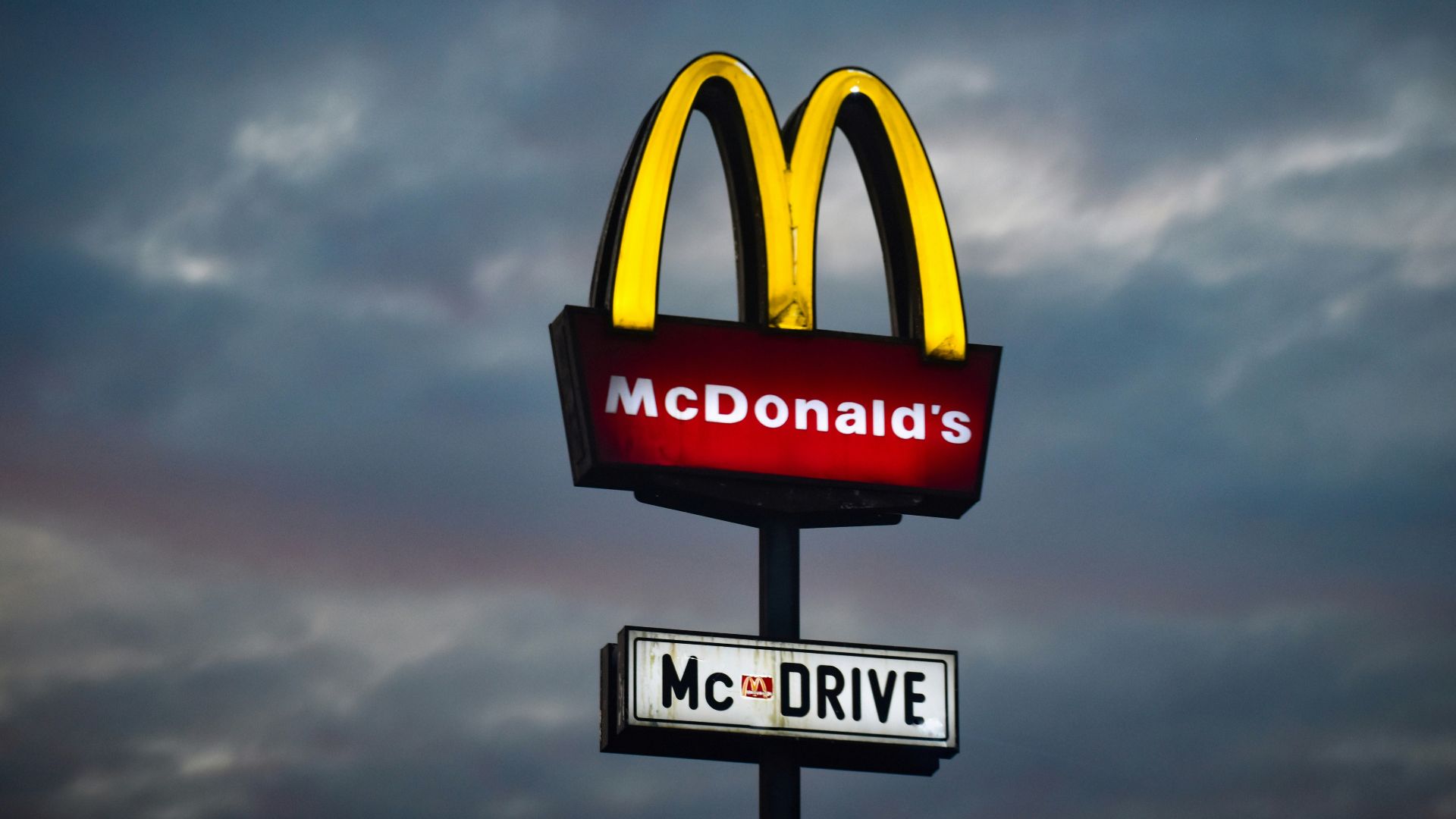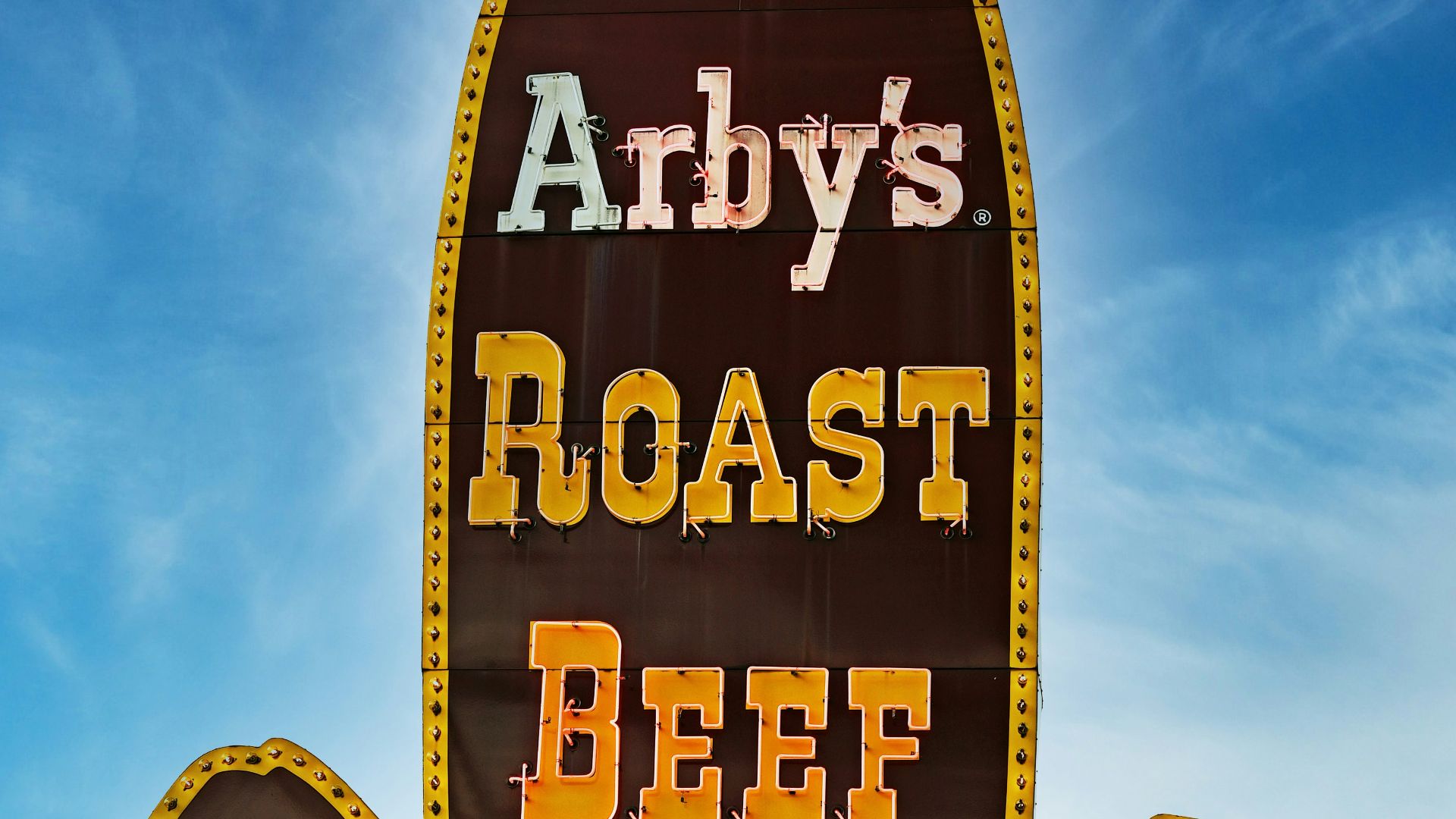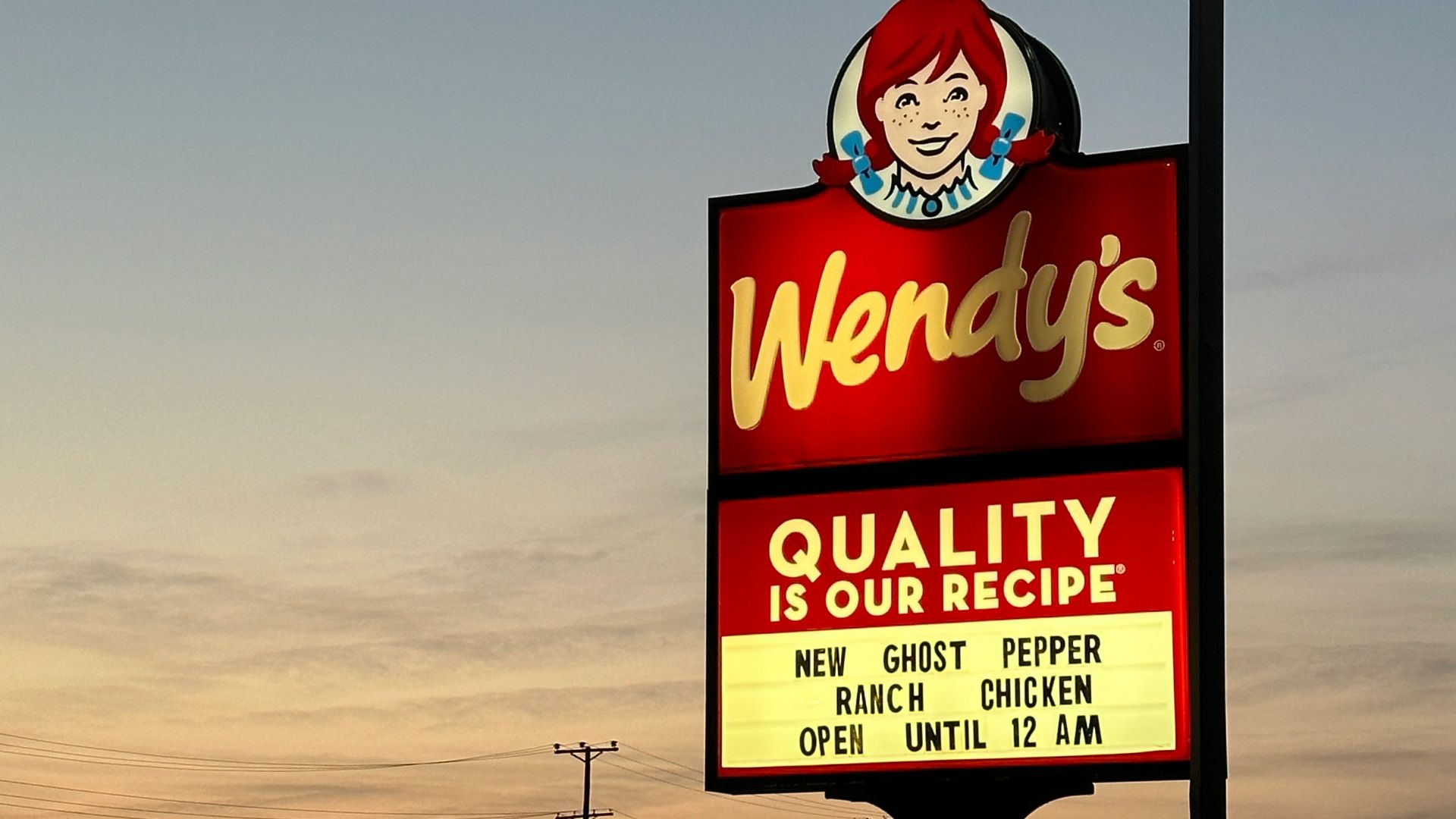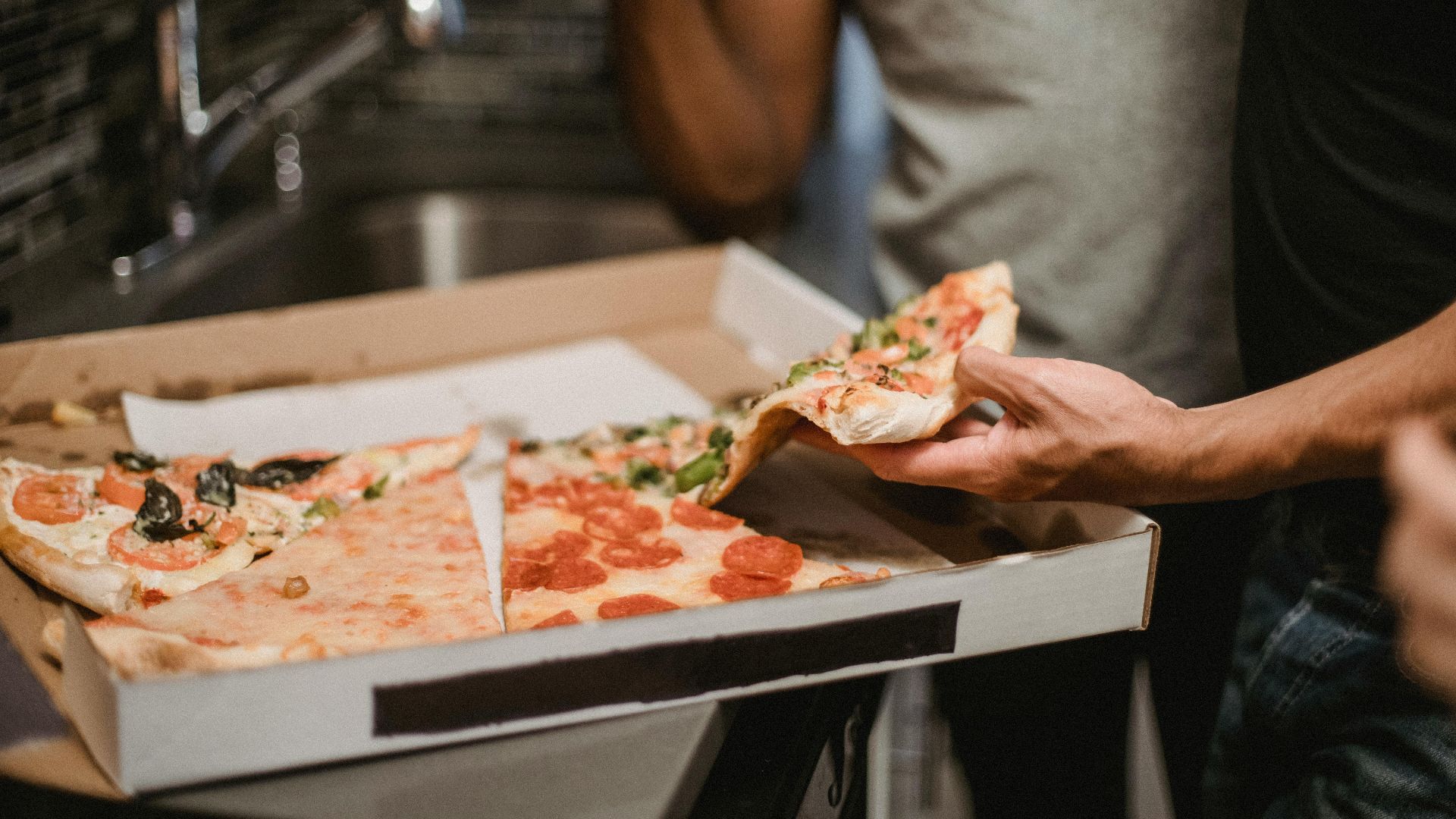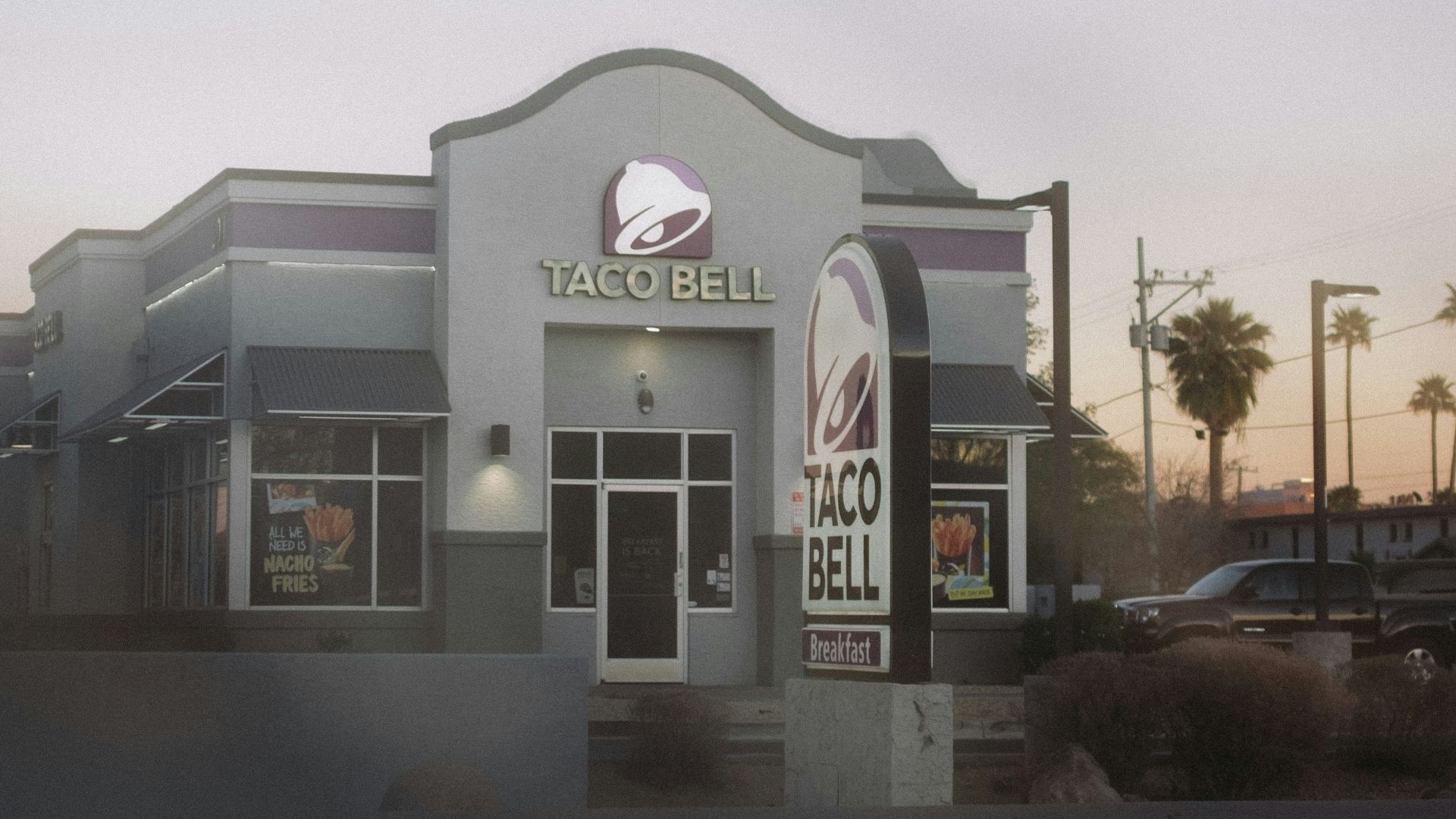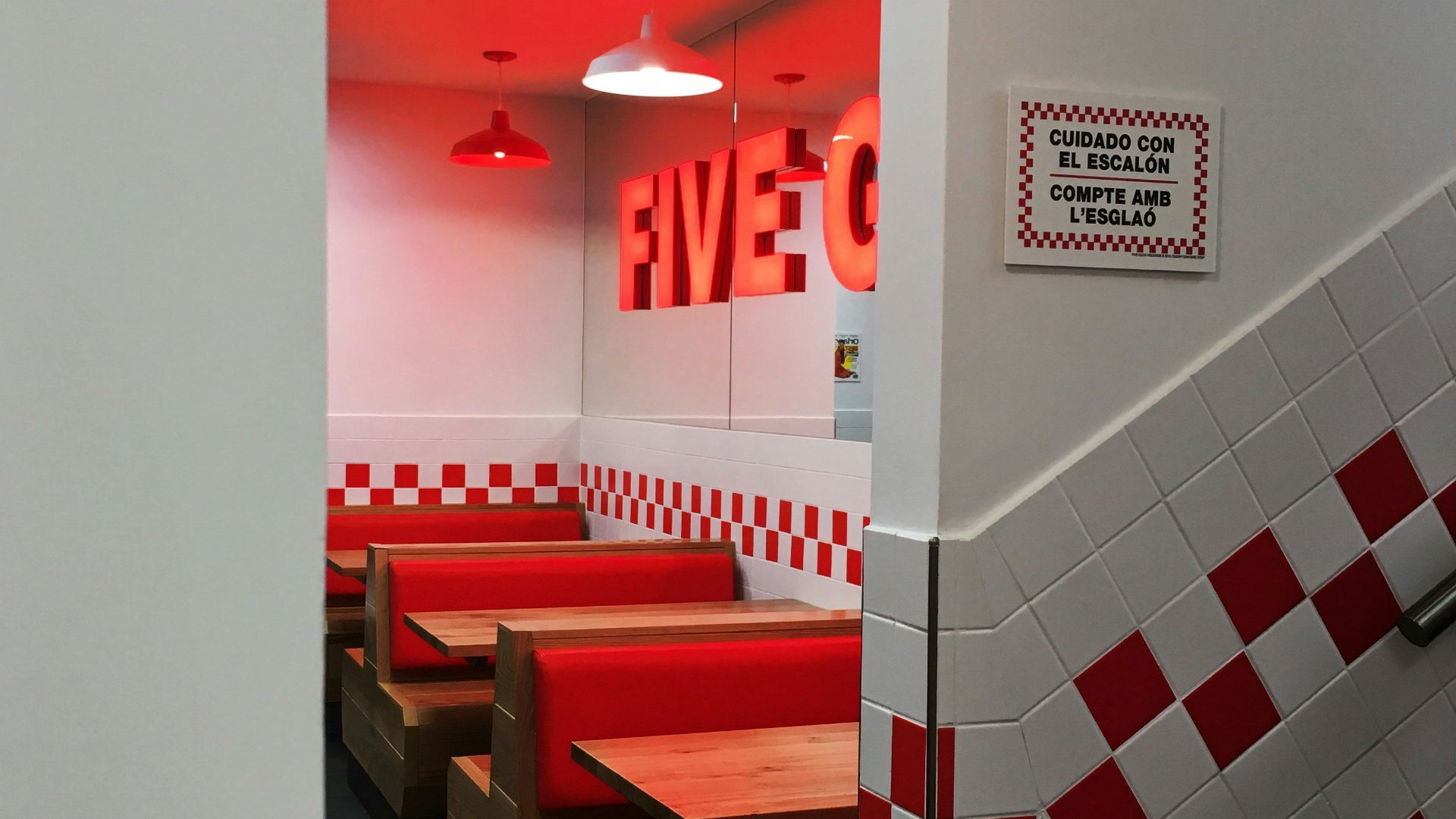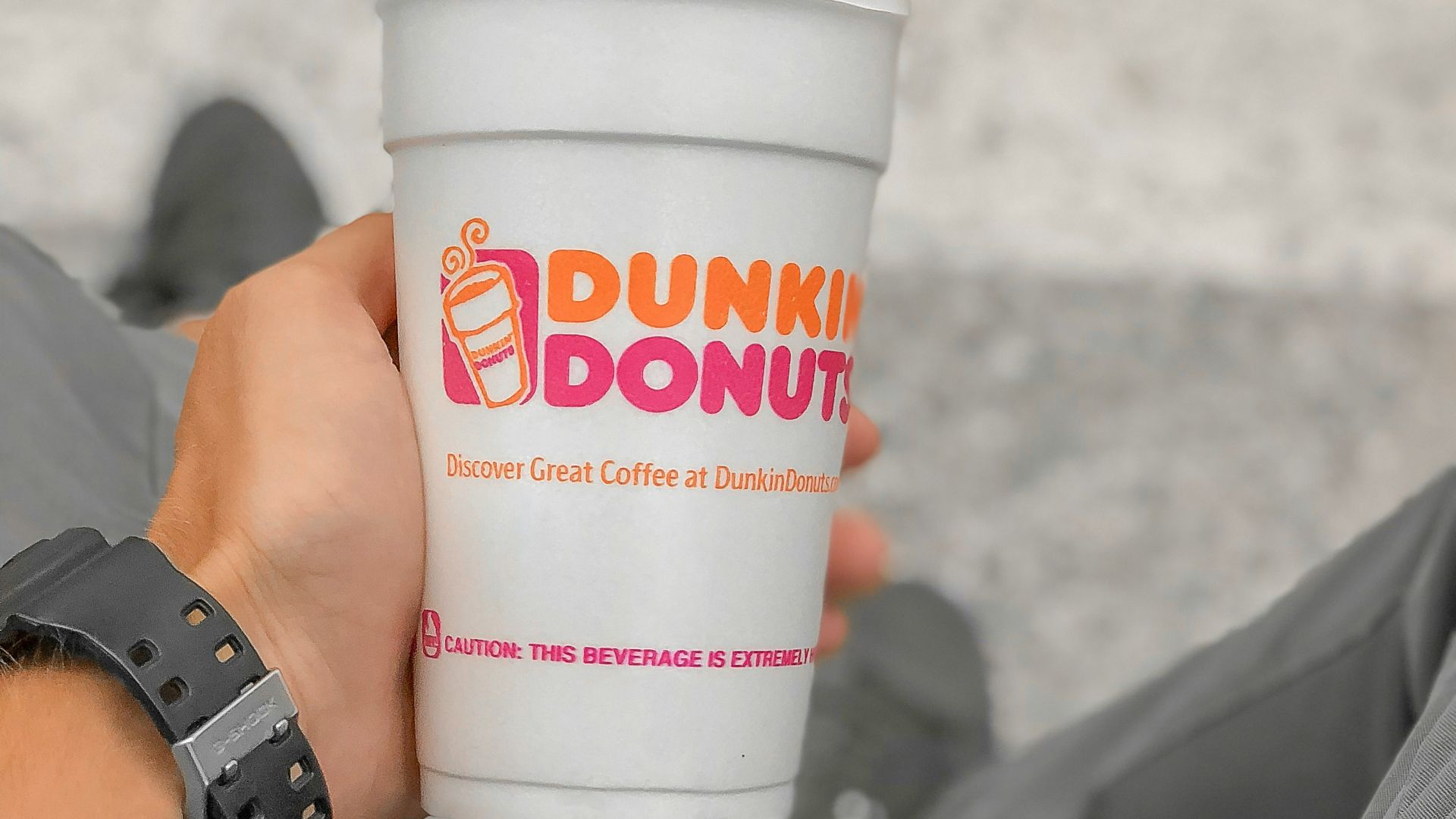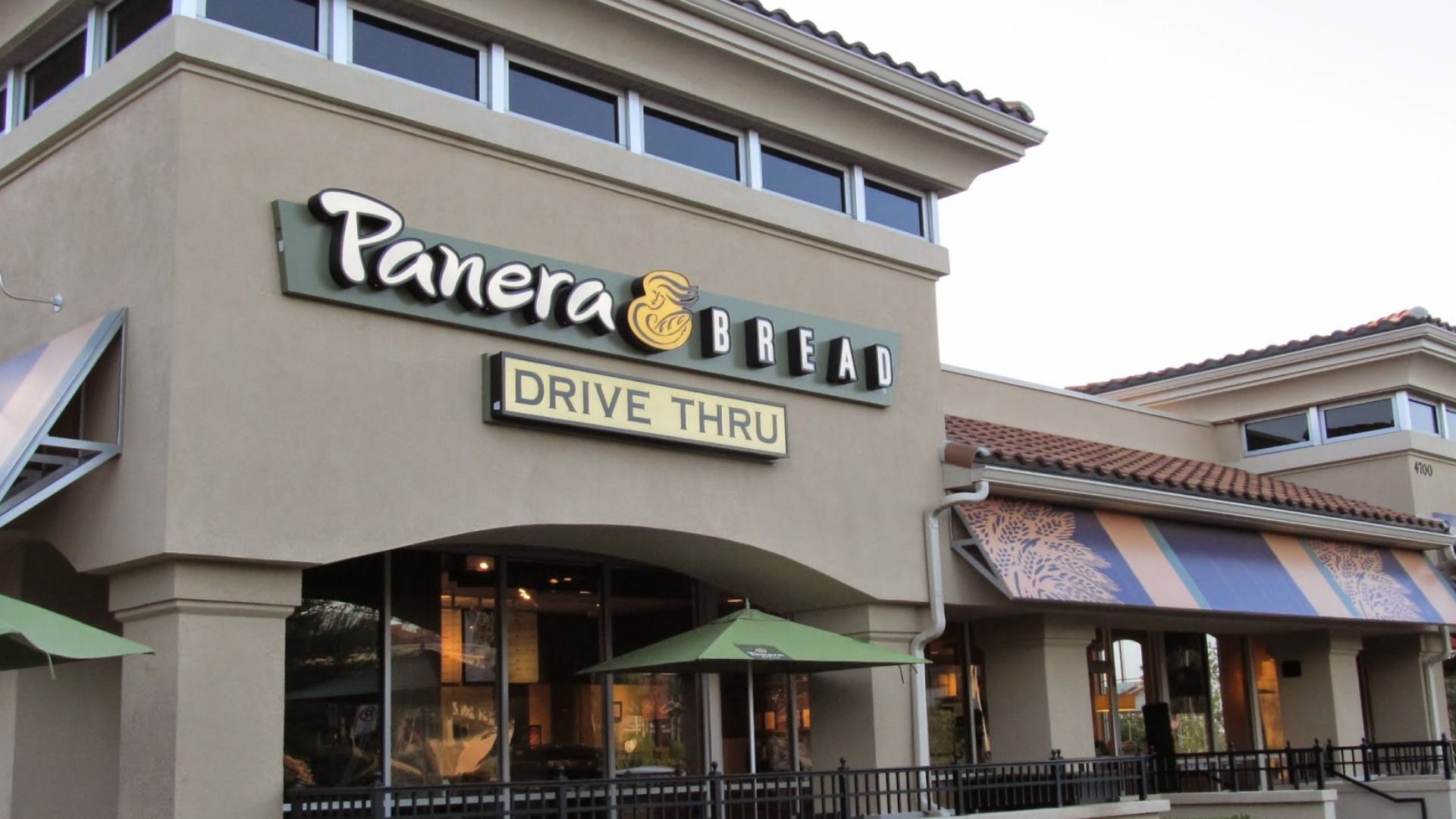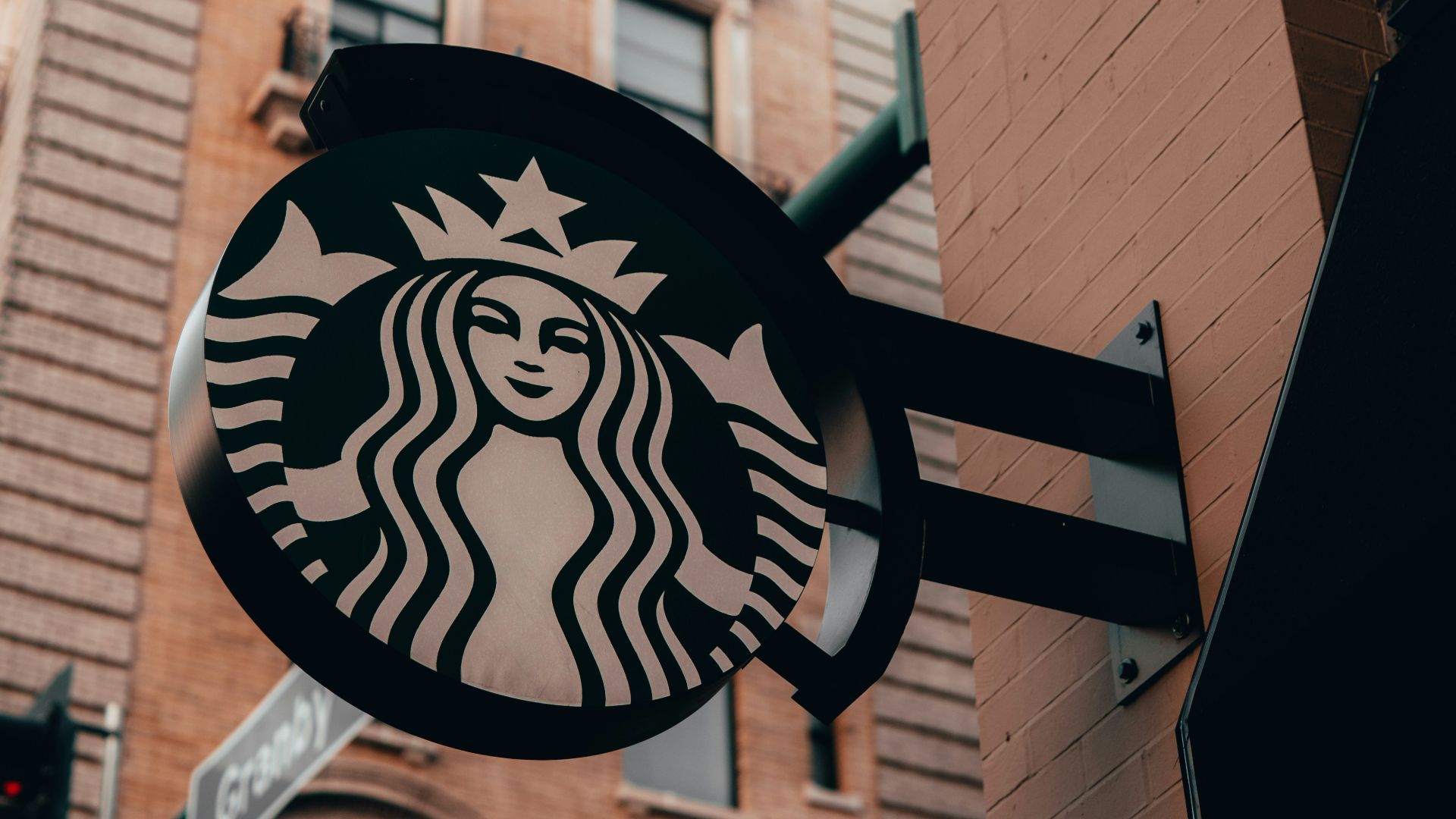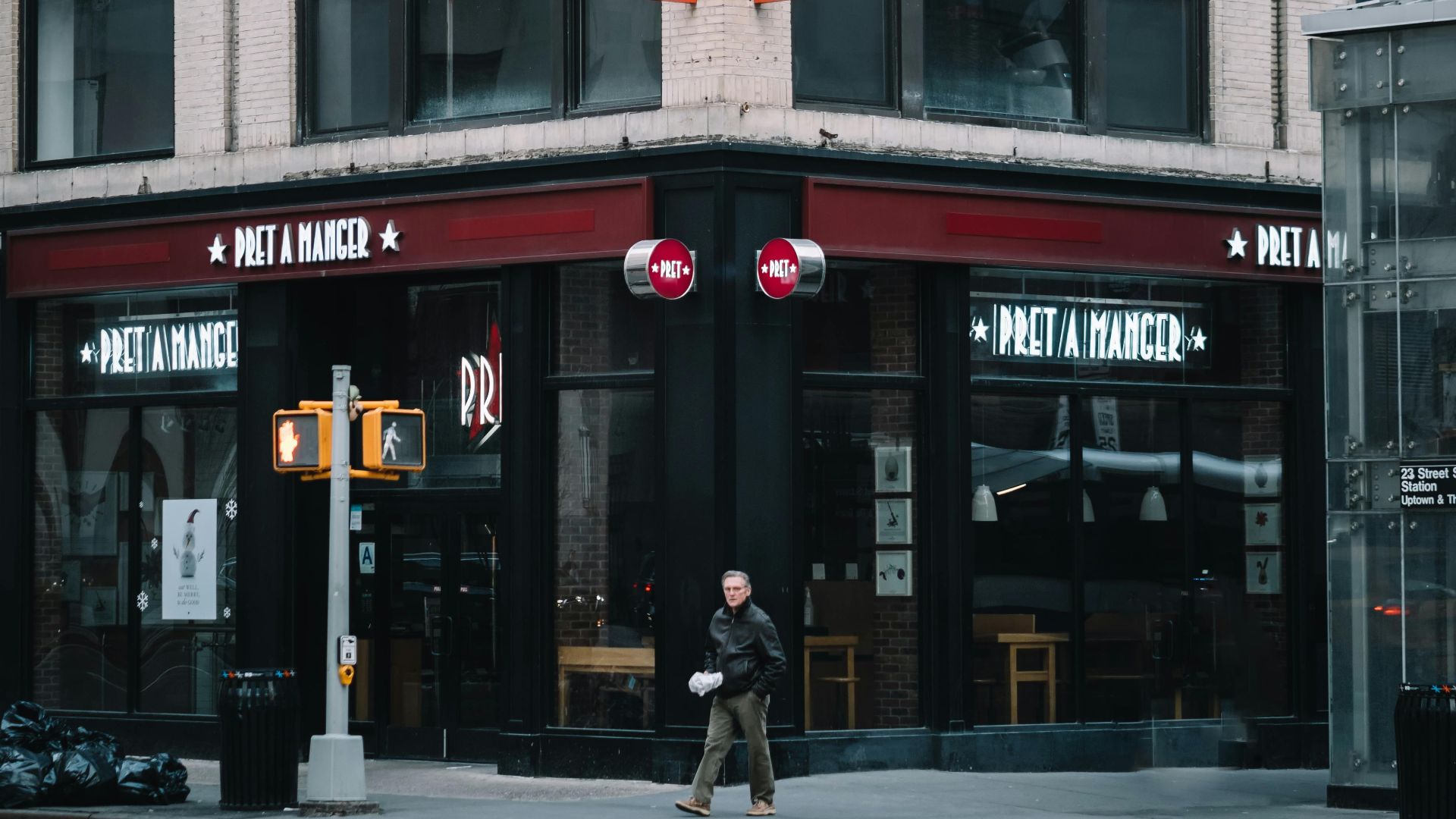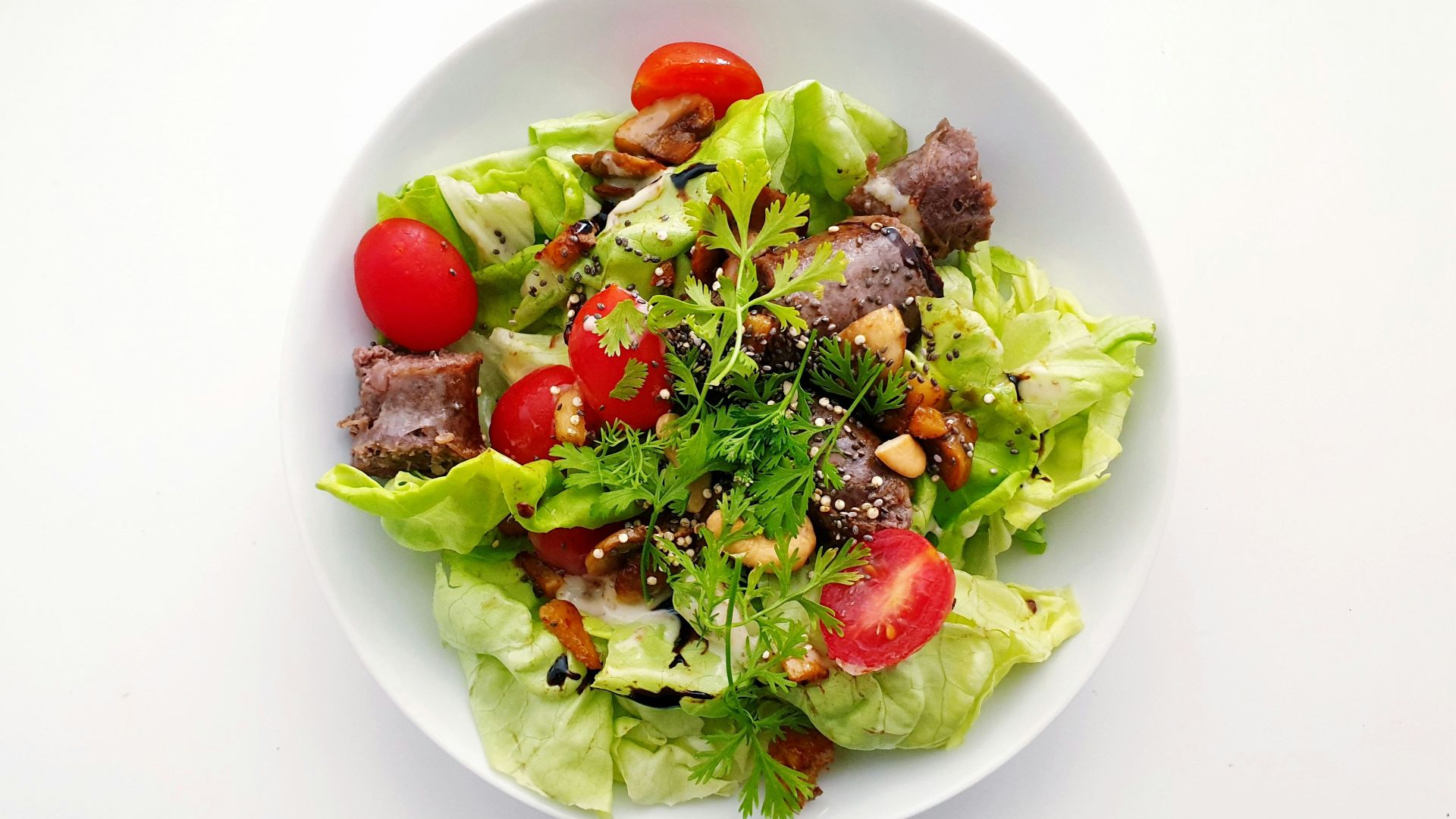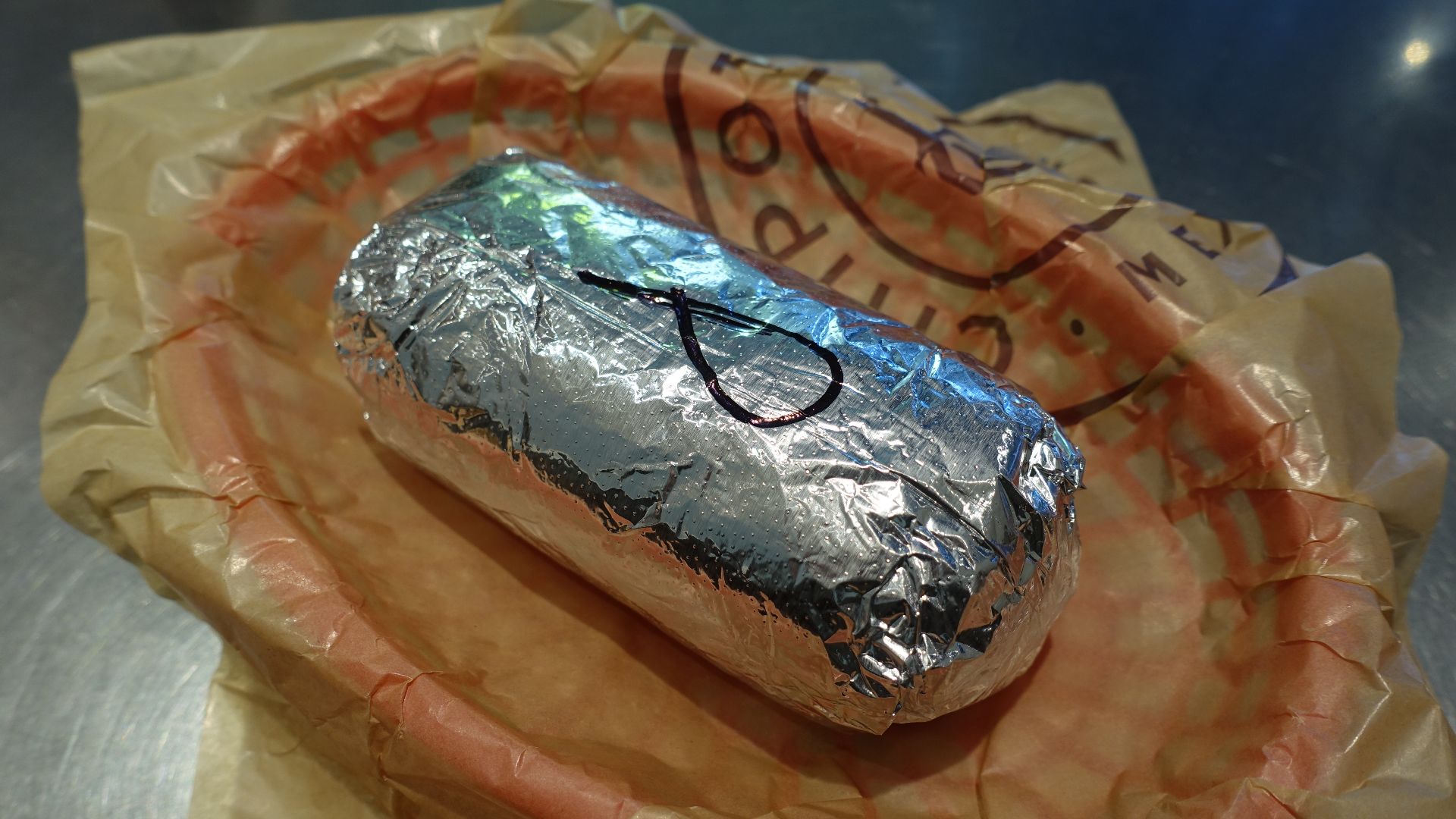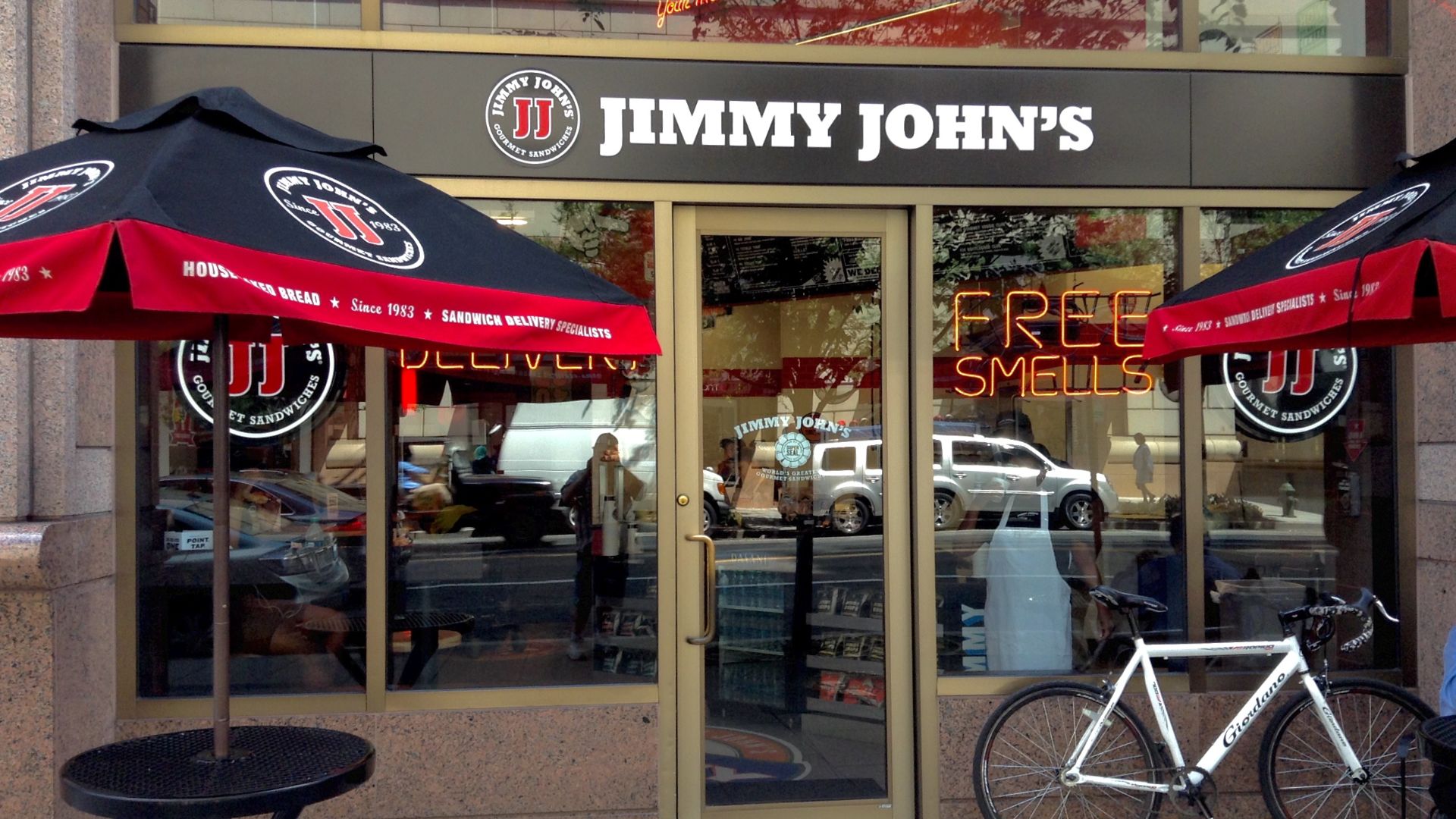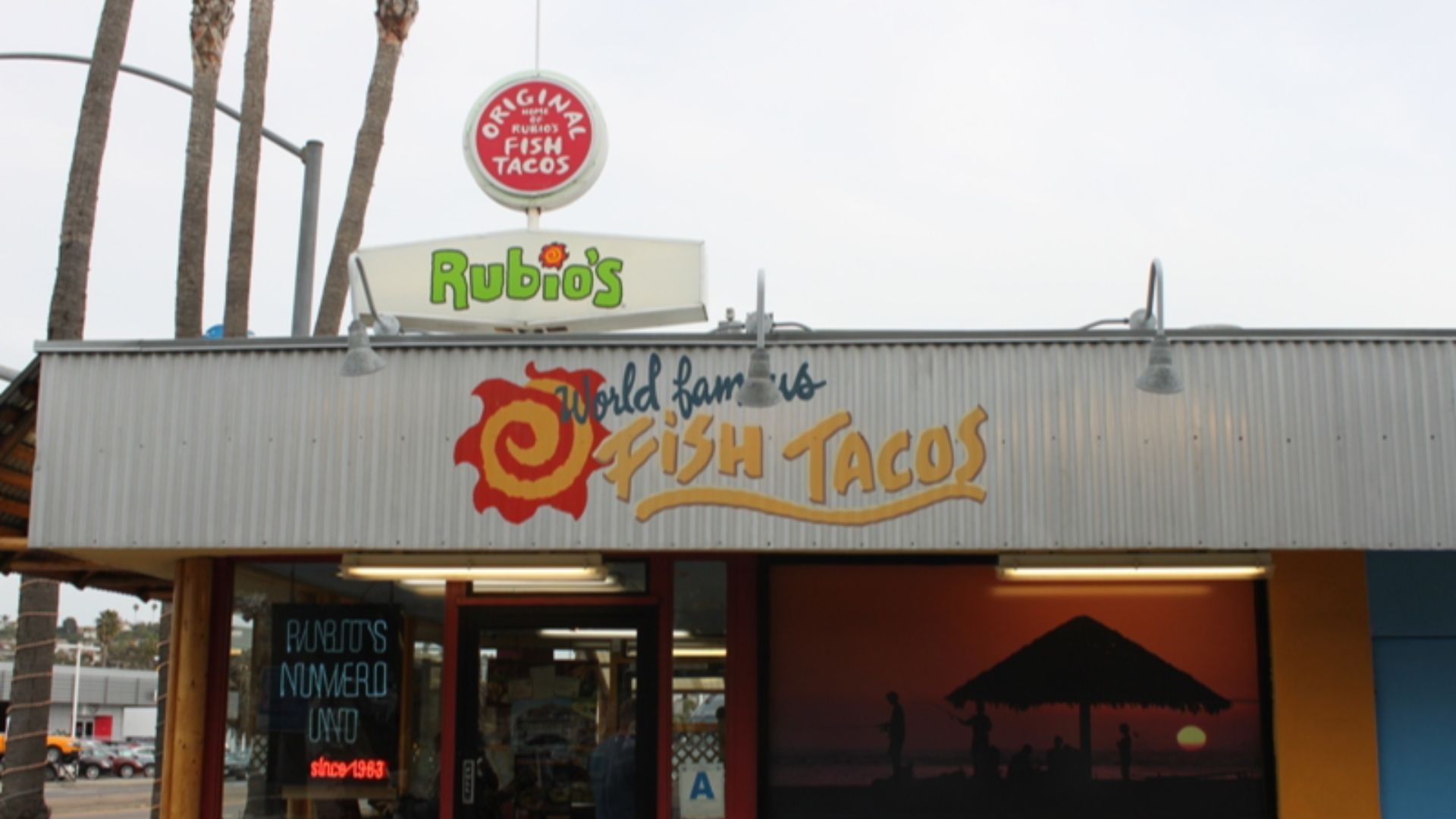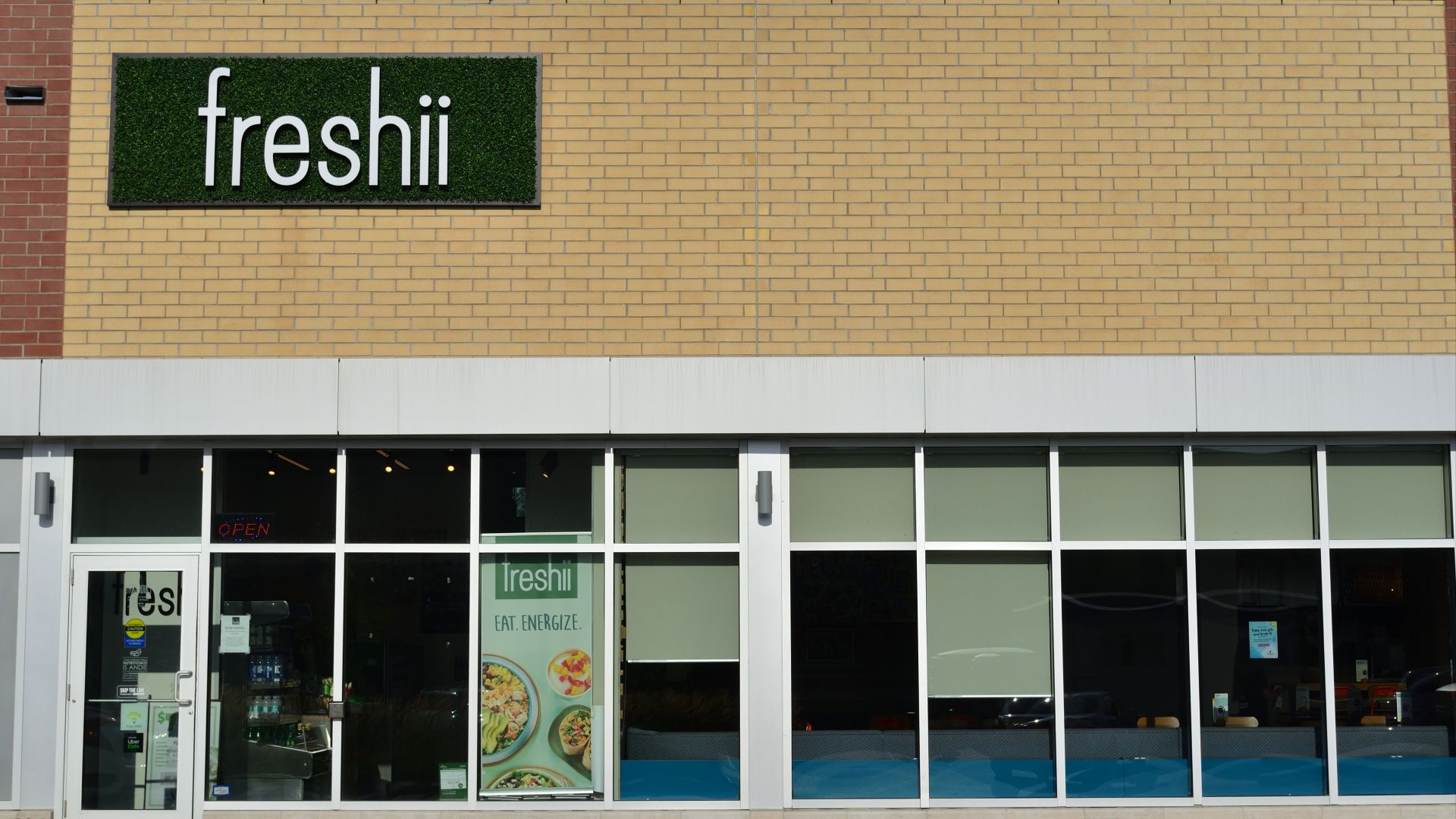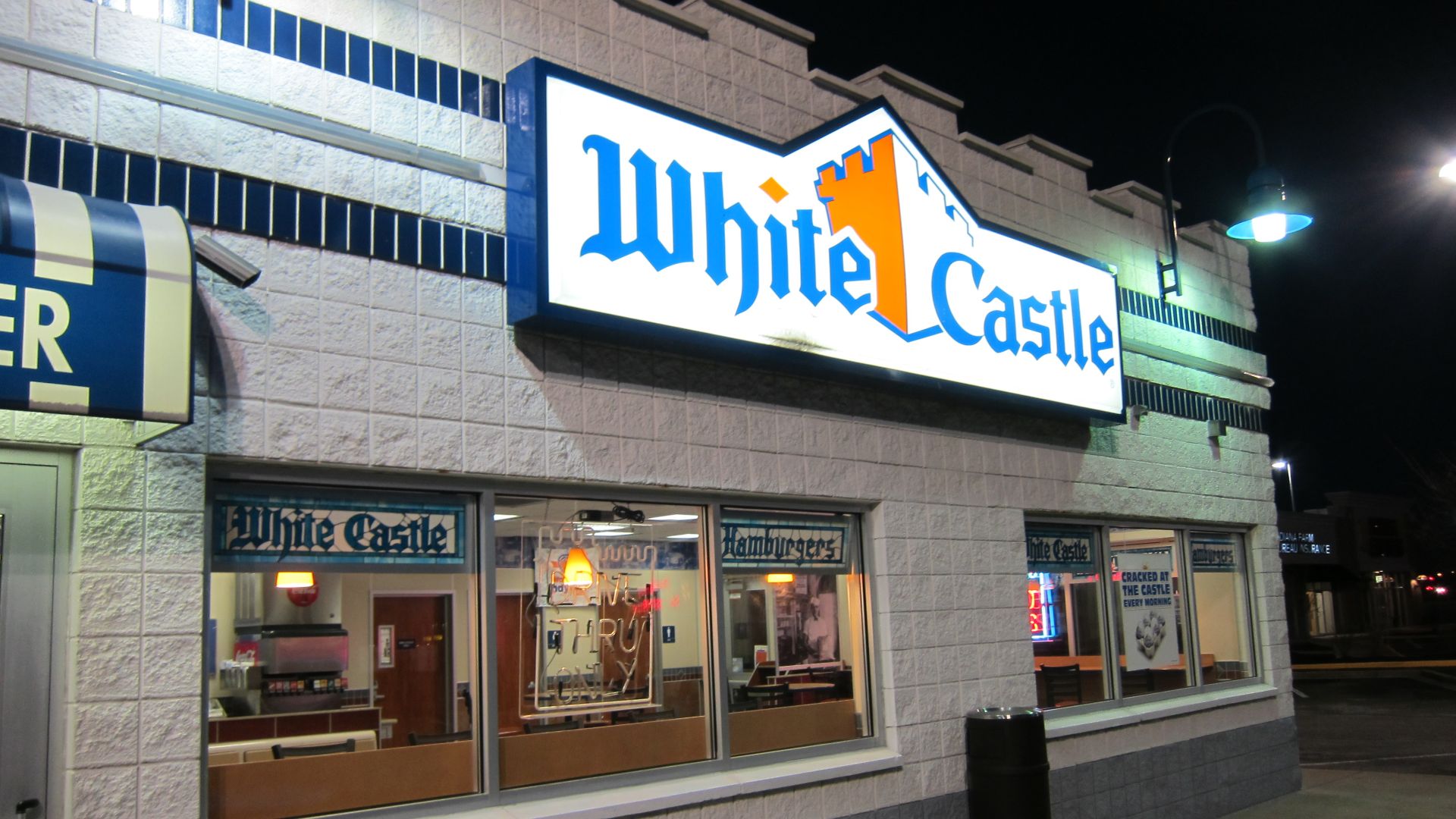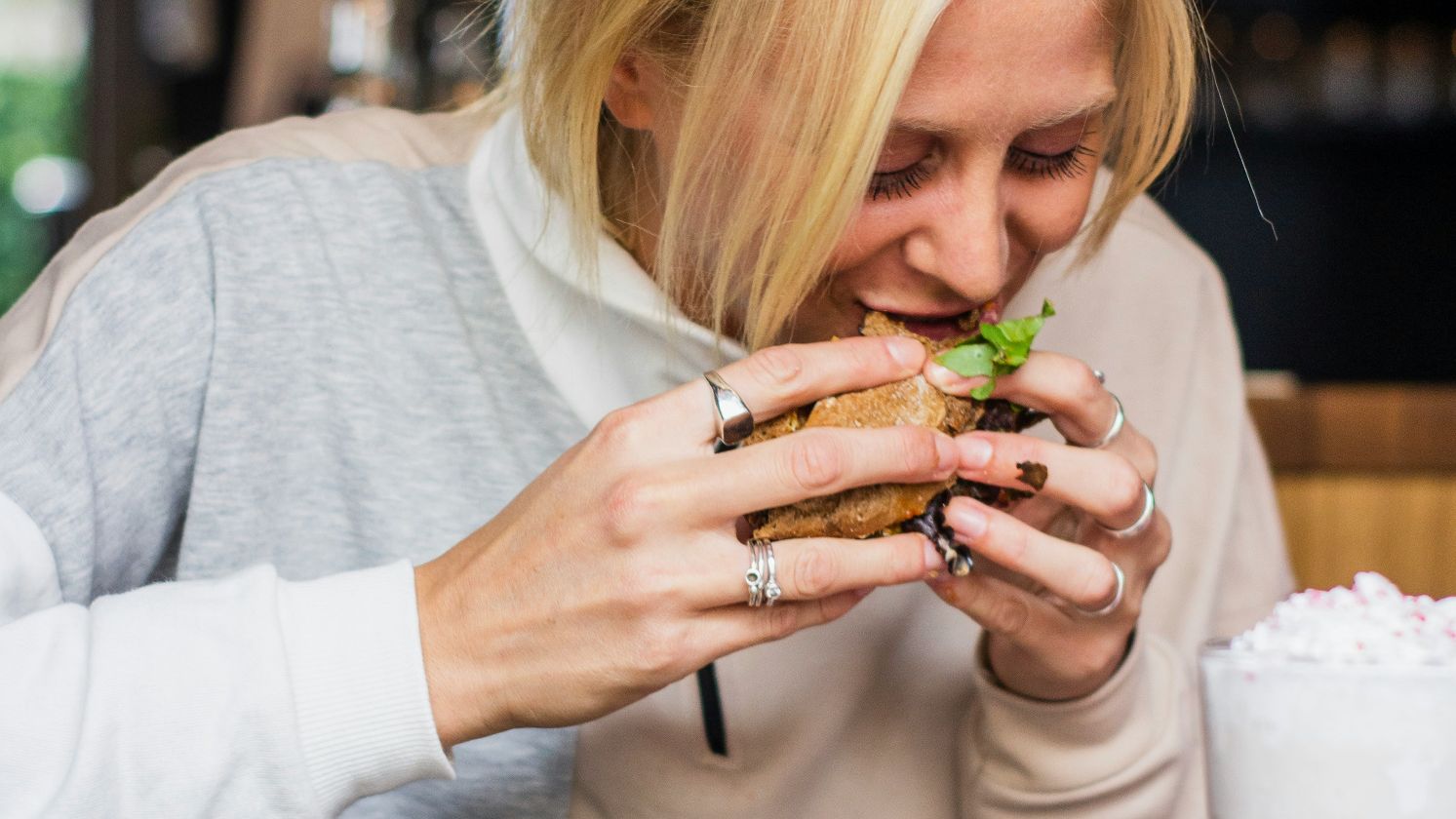The 10 Least Eco-Friendly Fast Food Restaurants & The 10 Most Sustainable
How Does Your Favorite Fast Food Giant Stack Up?
Fast food and sustainability rarely go hand in hand due to a combination of resource-intensive ingredients like beef and cheese, single-use packaging, and unsustainable business practices. Most fast-food giants are more preoccupied with making money than being kind to the earth, and many of them lack transparency surrounding their supply chain practices. However, with global temperatures continuing to rise at an alarming rate, it's no longer enough for these companies to turn their logos green and make an empty pledge. Fortunately, there are plenty of fast-food companies out there that are taking real action to mitigate their harm to the earth, with some even moving towards a "climate-positive" goal. Here are the 10 least eco-friendly fast food restaurants that need to start doing more and 10 that are setting amazing new precedents.
1. Burger King
Over 40 percent of the world's deforestation is caused by cattle farming, so any menu that's mostly beef-based is bound to be harmful to the environment. The company has also been in hot water for their use of PFAS, harmful chemicals that are resistant to degradation and are toxic to humans.
2. Subway
Despite the company's public pledge to reduce greenhouse gas emissions by 50 percent, Subway received a failing grade in a report about toxic chemical use just last year. Subway also uses products that are linked to deforestation such as palm oil, soy, and paper.
3. KFC
KFC's menu which consists mainly of animal protein contributes to the world's deforestation and CO2 emissions. The company uses non-recyclable, single-use packaging and while they've made some small steps in the right direction such as switching from palm oil to canola, there's more work to be done. They also made headlines in 2018 when their cost-cutting attempt led to massive amounts of wasted food.
4. McDonald's
Seeing as it's the most widespread, it's no surprise that McDonald's is the world's largest producer of fast-food waste. The company produces three tons of packaging waste every single minute, so it's more imperative for them than for anyone to switch to biodegradable packaging.
5. Arby's
Despite being one of the largest fast-food chains in the US, Arby's lacks any vegetarian or vegan options, apart from sides. They were reportedly in talks with Impossible Foods, but have since done a full 180 and became the guardian of "real meat." The chain also has a poor record when it comes to plastic waste reduction.
6. Wendy's
Wendy's is another company that's guilty of using toxic "forever chemicals" PFAS in their packaging. The company also continues to rely on palm oil despite it being one of the worst contributors to deforestation.
7. Domino's
Domino's consumes a significant amount of energy, creates a lot of food waste, and the company has a large carbon footprint due to its heavy use of dairy products like cheese. That being said, last year they published a promising sustainability report in which they committed to reach net zero emissions by 2050.
8. Taco Bell
While Taco Bell actually has several vegan and vegetarian options they should be applauded for, they still have a long way to go when it comes to reducing their footprint. Their impact comes mainly from food waste and packaging. They're reportedly actively working towards more sustainable packaging, but it has yet to be implemented.
9. Five Guys
The main menu item at Five Guys is, of course, their burgers. As such, the biggest problem here is their reliance on beef. It's important to note that the company uses recyclable packaging and converts some of its waste to energy; however, it still doesn't offer a plant-based burger.
10. Dunkin'
Bafflingly, Dunkin' still uses styrofoam cups instead of recyclable paper ones. They also use palm oil and were found guilty of using azodicarbonamide, a chemical banned in Europe, in some of its products. Needless to say, this company has been slow to take action to reduce its footprint.
Now that we've talked about the worst environmental offenders, let's go over some of the fast-food chains that are making strides in the right direction.
1. A&W
If you're going to chow down on a fast food burger, better make in an A&W one. This company offers Beyond Meat burgers, serves root beer in reusable cups, and was one of the first fast-food chains in Canada to switch to compostable packaging.
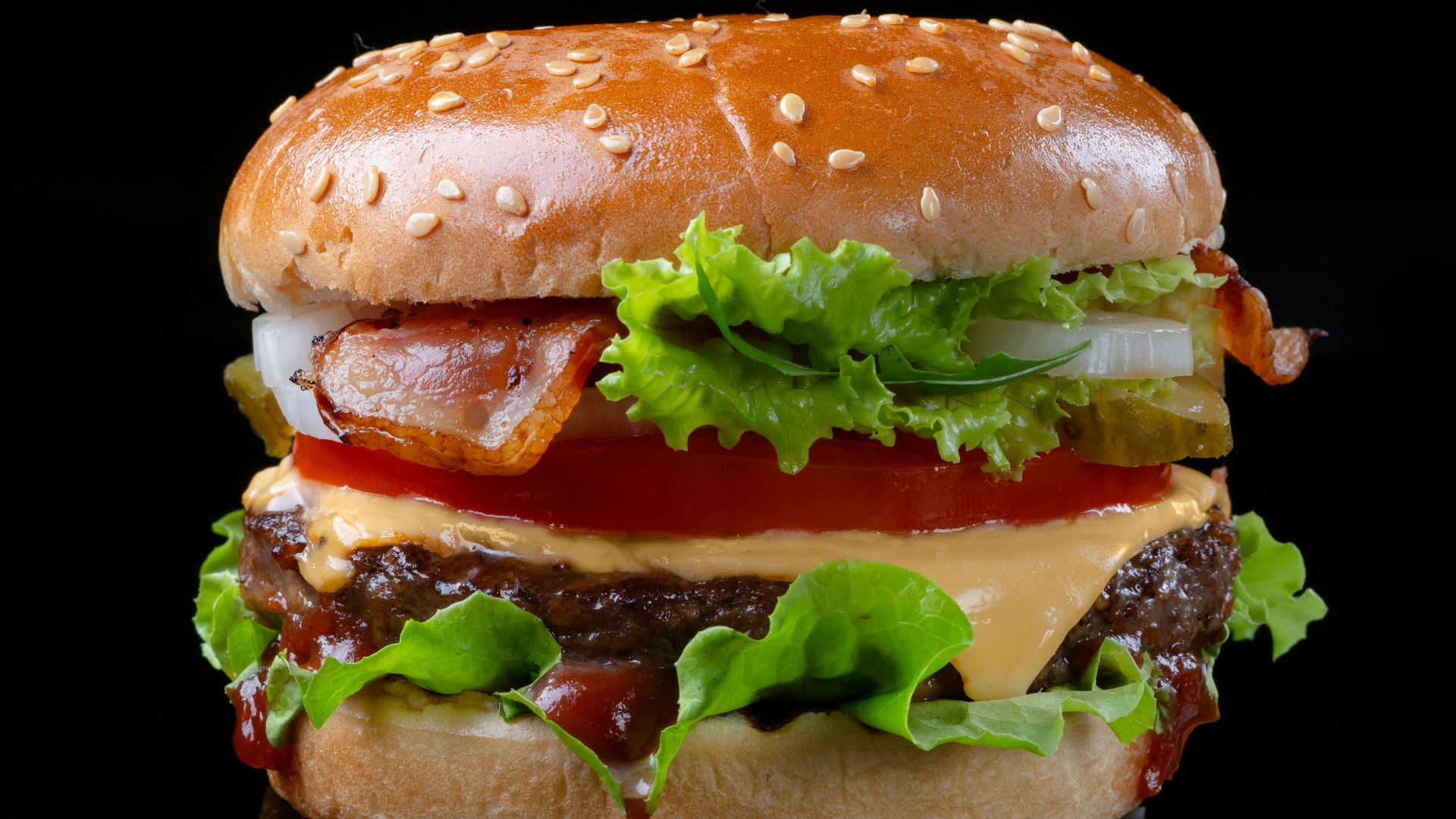 David Foodphototasty on Unsplash
David Foodphototasty on Unsplash
2. Panera Bread
Panera Bread has been celebrated for its "Cool Food Meals" which have a lower carbon footprint and higher nutritional value. In its Responsibility Report, the company has pledged to become "climate positive," meaning it'll remove more greenhouse gasses than it emits, by 2050.
3. Starbucks
Starbucks has developed a program called C.A.F.E. which is meant to ensure farming practices are sustainable and ethical. It also has recyclable packaging and a reusable cup initiative which incentivises customers to bring their own cups, reducing waste.
4. Pret A Manger
Pret A Manger has a zero landfill policy for their UK shops, meaning all waste is recycled, composted, or donated. They also source their ingredients ethically and use organic, fair-trade coffee beans.
5. Just Salad
Just Salad is a fast-food salad chain with locations around the Eastern US. Unsurprisingly, a restaurant focused on salads has a much smaller carbon footprint than one with a beef-focused menu, but Just Salad takes it a step further by offering reusable packaging, sustainably sourced ingredients, and even carbon labeling its menu.
6. Chipotle
Chipotle is considered an eco-friendly company because it sources local and organic ingredients, composts and donates food, and uses recyclable packaging. The company has even started designing restaurants that use 100 percent renewable energy.
7. Jimmy John's
Despite not having enough plant-based options, Jimmy John's is a surprisingly green company. The sandwich chain has all its suppliers listed on its website, actively supports improved sustainability efforts for raising meat, and has used recyclable materials in its packaging since the company's humble beginnings in the 80s.
8. Rubio's
This taco chain in the Southwestern US is known for its fish tacos. Well, good news for those fish taco lovers, all of Rubio's seafood options are certified "Responsibly Managed." It also strives to course all its ingredients locally and uses biodegradable packaging.
9. Freshii
Freshii is a Canadian fast food chain with locations in the US that focuses on healthy food options like wraps and salads. The restaurant offers many plant-based options and sustainably sources its ingredients. It also uses biodegradable packaging and has incorporated energy-efficient operations.
10. White Castle
It may come as a surprise to see White Castle on this side of the list, but they were actually one of the first major fast food chains in the US to incorporate Impossible products into their menu. Their fish is also certified sustainable and they recycle some of their cooking oil for fuel.


